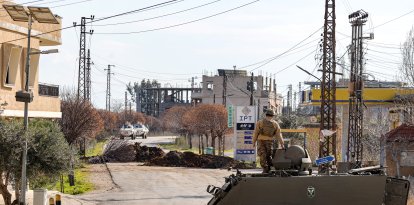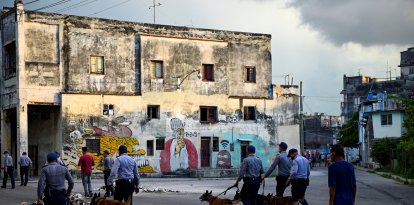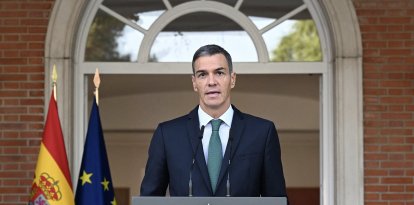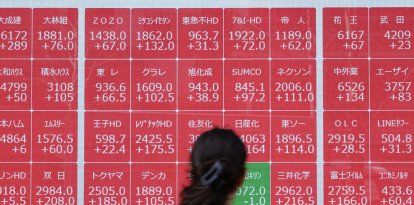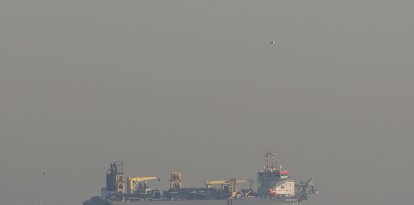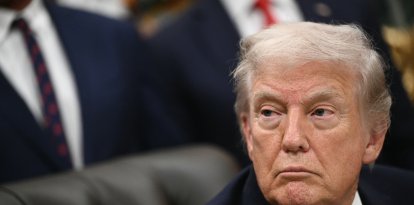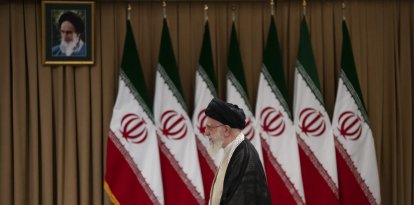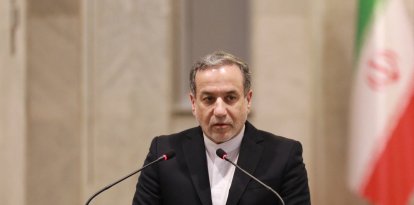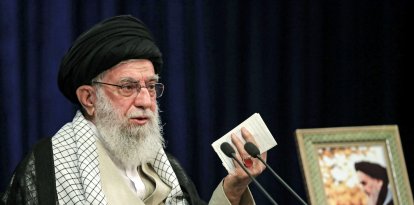Immigration control and reversing climate laws: The keys for the new Dutch government
The leader of the Party for Freedom (PVV), Geert Wilders, announced an agreement with three other parties to form a government after six months of negotiations.

(Cordon Press)
Geert Wilders, leader of the party that won the last elections in the Netherlands, the Party for Freedom (PVV, for its acronym in Dutch), announced that he has reached an agreement with three other political parties to form a government. After almost six months of negotiations, the party of now former Prime Minister Mark Rutte, the People's Party for Freedom and Democracy (VVD), joined the coalition Wednesday night that will focus on slowing the arrival of immigrants and reversing climate measures, which caused an important movement in the rural parts of the country, which were key to the electoral results.
'The sun will shine again in the Netherlands'
In a post on X early in the morning, Wilders showed his joy graphically, with an eloquent message: "The sun will shine again in the Netherlands." In addition to the PVV and the VVD, the centrist formation New Social Contract and the Peasant Citizen Movement (BBB) also joined the coalition.
'We want farmers, gardeners and fishermen to have a future again'
The government pact between the four parties, 26 pages long, points out that the signatories "want to reverse the excessively high flow of asylum seekers and immigrants" and "want farmers, gardeners and fishermen to have a future again."
A 10-point program
To carry this out, "the new cabinet will work on a coalition program based on this outline according to the following 10 main points":
2. Asylum and migration control.
3. Housing and public housing, infrastructure, public transportation and aviation; every region counts.
4. A good future for agriculture and fishing, for food security, for nature.
5. Energy, security of supply and climate adaptation.
6. Accessible public services; assistance and education.
7. Good governance and a strong rule of law.
8. National security.
9. International security.
10. Solidity of public finances, economy and business climate.














